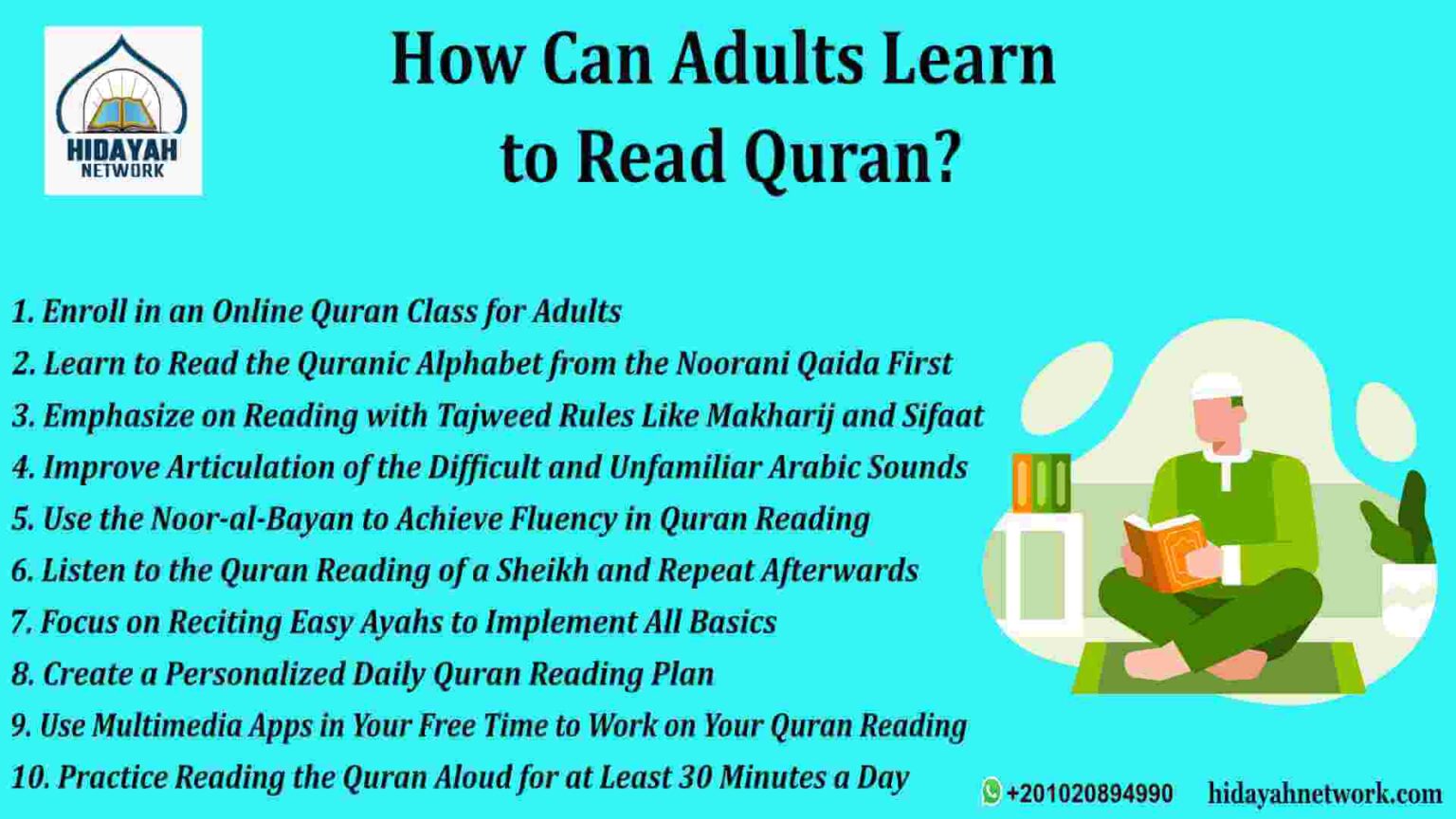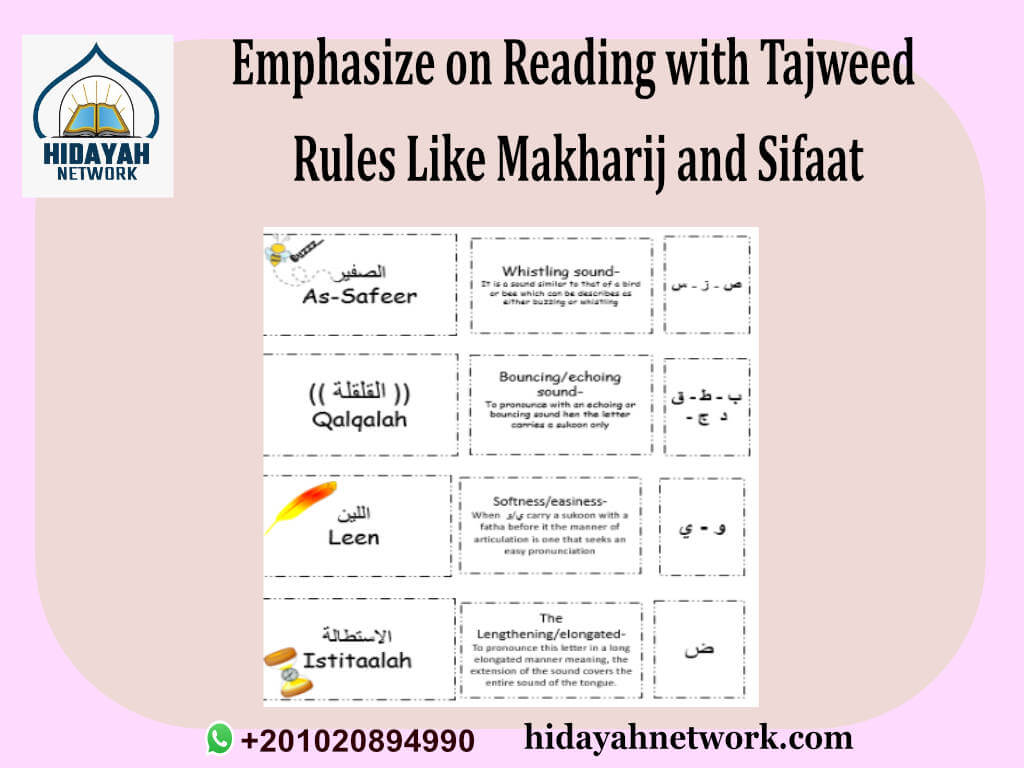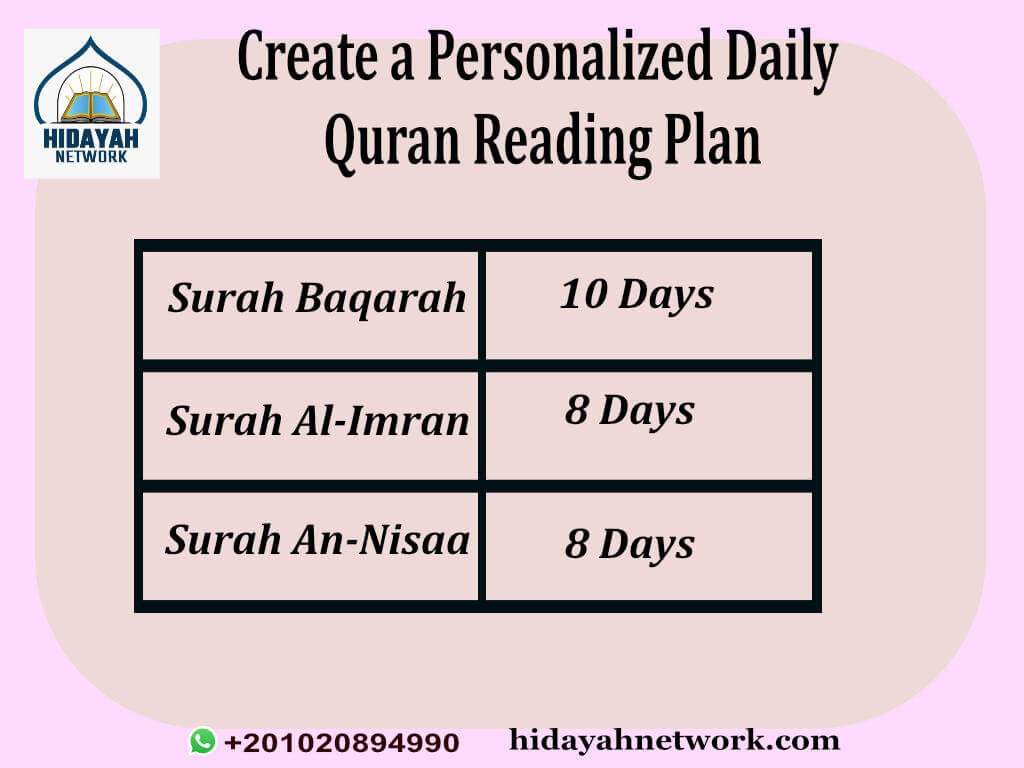How Can Adults Learn to Read Quran?

- Hidayah
- Network
- | Role: Hidayah Network

Learning to read the Quran as an adult is vital to ensure you can read the Quranic text in the best possible manner. Thankfully, there are plenty of ways to ensure you learn to recite the Quran. We will share the pieces of advice with you to ensure you’re on the right path to read the Quran efficiently and effectively.
The first thing you can do is enroll yourself in an online Quran class for adults. Learn to read the Quranic alphabet from the Noorani Qaida, focus on Tajweed rules like Makharij and Sifaat, use Noor-al-Bayan to achieve fluency in reading, improve articulation of difficult Arabic letters, and more. Let us effectively guide learn to read Quran using all these tips.
Table of Contents
Toggle10 Ways for Adults to Learn to Read the Quran
1. Learn to Read the Quranic Alphabet from the Noorani Qaida First
Learning to read the Quranic alphabet from the Noorani Qaida first involves mastering the Arabic alphabet and pronunciation rules before moving on to reading Quranic verses.
This foundation is essential for adult learners as it provides the fundamental skills needed to correctly recite Quranic verses with accuracy and understanding. Here are some tips to make it easy:
- Begin by learning the Arabic alphabet, focusing on one letter at a time.
- Dedicate time each day to practice reading and pronouncing the letters.
- Listen to audio recordings of the alphabet and repeat the sounds to improve pronunciation.
- Divide the alphabet into smaller groups and master each group before moving on to the next.
Get 40% OFF Now!
2. Emphasize on Reading with Tajweed Rules Like Makharij and Sifaat

As an adult learner, mastering Tajweed is crucial for accurately reciting the Quran and understanding its divine message.
Here’s how to learn these rules:
Makharij refers to the proper articulation points of each Arabic letter, which include where the sound originates in the mouth, throat, or lips. To learn Makharij, focus on the specific points of articulation for each letter, such as the throat, tongue, or lips. Practice pronouncing each letter correctly and consistently.
Sifaat refers to the characteristics or qualities of each letter, such as elongation, nasalization, or gemination. Practice applying these characteristics while reciting Quranic verses, paying attention to details like elongation (madd) and nasalization (ghunnah).
3. Improve Articulation of the Difficult and Unfamiliar Arabic Sounds
Improving articulation of difficult and unfamiliar Arabic sounds means practicing to correctly pronounce challenging letters and sounds in the Arabic language, particularly those that may not exist in your native language.
This is important for adults learning to read the Quran because proper pronunciation ensures the accurate recitation of Quranic verses, maintaining the integrity and beauty of the scripture.
Here’s a table of some difficult Arabic letters and their simplified pronunciations:
| Difficult Letter | Easiest Way to Pronounce |
| ع (Ayn) | Pronounced like a soft “a” with a slight constriction in the throat. |
| غ (Ghain) | Pronounced like the French “r” in “paris” or the Spanish “j” in “jalapeño”. |
| ح (Ha) | Pronounced like the “h” in “hello” but with a tighter throat. |
| ص (Sad) | Pronounced like the “s” in “see” but with a stronger emphasis and a bit of air from the sides of the mouth. |
| ض (Dad) | Pronounced like the “d” in “dog” but with a heavier emphasis and a slight vibration of the tongue. |
4. Use the Noor-al-Bayan to Achieve Fluency in Quran Reading

Noor-al-Bayan is a well-known Quranic textbook that provides a step-by-step approach to learning how to read and understand the Quran. It includes lessons on Arabic letters, pronunciation rules, Tajweed rules, and basic Quranic vocabulary.
Using the Noor-al-Bayan to achieve fluency in Quran reading means utilizing a popular Quranic text that provides comprehensive guidance on reading and understanding the Quran.
As an adult learner, turning to resources like the Noor-al-Bayan can be immensely beneficial because it offers structured lessons, explanations, and exercises tailored for learners of all levels.
5. Enroll in an Online Quran Class for Adults
Enrolling in an online Quran class for adults, like those offered by Hidayah Network, means joining a structured program designed specifically for adult learners to learn how to read the Quran. These classes typically provide a supportive environment where adults can learn at their own pace, with lessons tailored to their needs and skill levels.
It’s important for adults to join such classes because they offer guidance from qualified instructors, access to resources like audio recordings and interactive tools, and the flexibility to fit learning into busy schedules. Hidayah Network stands out as a reliable platform known for its quality instruction and effective teaching methods.
6. Listen to the Quran Reading of a Sheikh and Repeat Afterwards
Listening to the Quran reading of a Sheikh and repeating afterward involves hearing a skilled reciter (Sheikh) recite verses from the Quran and then trying to mimic their pronunciation and rhythm.
As an adult learner, this practice is crucial for improving your own Quranic recitation skills. By listening to experienced reciters, you can learn proper pronunciation, Tajweed rules, and the melody (Tarteel) of Quranic verses.
Pro Tip: Repetition helps reinforce your learning and allows you to internalize correct recitation techniques.
Some renowned Sheikh names for this practice include:
- Sheikh Abdul Rahman Al-Sudais
- Sheikh Mishary Rashid Alafasy
- Sheikh Saad Al-Ghamdi
7. Focus on Reciting Easy Ayahs to Implement All Basics
Focusing on reciting easy Ayahs to implement all basics means practicing Quranic verses that are simpler in language and structure to reinforce fundamental Quranic reading skills.
As an adult learner, this approach allows you to consolidate your understanding of Arabic letters, pronunciation rules, Tajweed, and basic vocabulary.
Here are three Quranic Ayahs in Arabic language that test the most Quranic basics:
- Surah Al-Fatiha, Ayah 1: بِسْمِ اللَّهِ الرَّحْمَـٰنِ الرَّحِيمِ
- Surah Al-Ikhlas, Ayah 1: قُلْ هُوَ اللَّهُ أَحَدٌ
- Surah Al-Falaq, Ayah 1: قُلْ أَعُوذُ بِرَبِّ الْفَلَقِ
8. Create a Personalized Daily Quran Reading Plan

Creating a personalized daily Quran reading plan means designing a schedule tailored to your individual learning needs and goals for studying the Quran regularly.
As an adult learner, having a structured plan is important for staying consistent and making steady progress in Quranic reading skills. When creating your plan, consider the following:
- Determine how much time you can dedicate to Quranic reading each day or week.
- Assess your current proficiency in Quranic reading to tailor the plan accordingly.
- Identify whether you prefer self-study, online classes, or in-person instruction.
- Set specific goals, such as memorizing a certain number of verses, improving Tajweed, or understanding meanings.
- Find always to hold yourself accountable, such as setting reminders or joining study groups.
9. Use Multimedia Apps in Your Free Time to Work on Your Quran Reading
Using multimedia apps in your free time to work on your Quran reading means utilizing smartphone or computer applications that offer interactive and engaging ways to practice Quranic reading skills.
As an adult learner, incorporating these apps into your routine provides convenient access to resources for improving pronunciation, Tajweed, and understanding of the Quran, even during leisure moments.
Two apps that can help in this regard are:
- Quran Companion: This app offers audio recitations by various reciters, transliterations, translations in multiple languages, and Tajweed rules explanations to enhance your Quranic reading experience.
- Bayan Quran: Bayan Quran provides audio recitations, translations, and Tajweed tutorials, along with interactive features like highlighting text and following along with the reciter.
10. Practice Reading the Quran Aloud for at Least 30 Minutes a Day
Practicing reading the Quran aloud for at least 30 minutes a day means dedicating a specific time each day to recite Quranic verses out loud. As an adult learner, this regular practice helps improve pronunciation, fluency, and memorization of Quranic passages.
Prophet Muhammad (peace be upon him) emphasized the importance of reading the Quran daily. According to Sahih Bukhari, the Prophet (PBUH) said: “The example of a believer who recites the Quran is like that of a citron which tastes good and smells good.” (Sahih al-Bukhari 5029).
How to Improve Reading the Quran as an Adult?
Improving reading the Quran as an adult involves several steps to improve quran recitation fluency and understanding. First, control your breath to achieve greater fluency by taking deep breaths and pausing at appropriate points.
Next, slow down your reading pace initially to focus on the rhythm of the verses. Learn the vocabulary and meanings of Quranic words to comprehend the text better. Work on improving the pronunciation of Quranic words by listening to recitations and practicing consistently.
Conclusion
Improving Quranic reading as an adult requires patience, practice, and dedication. By focusing on controlling breath, mastering rhythm, learning vocabulary, enhancing pronunciation, and understanding Tajweed rules, one can progress steadily.

About Author
